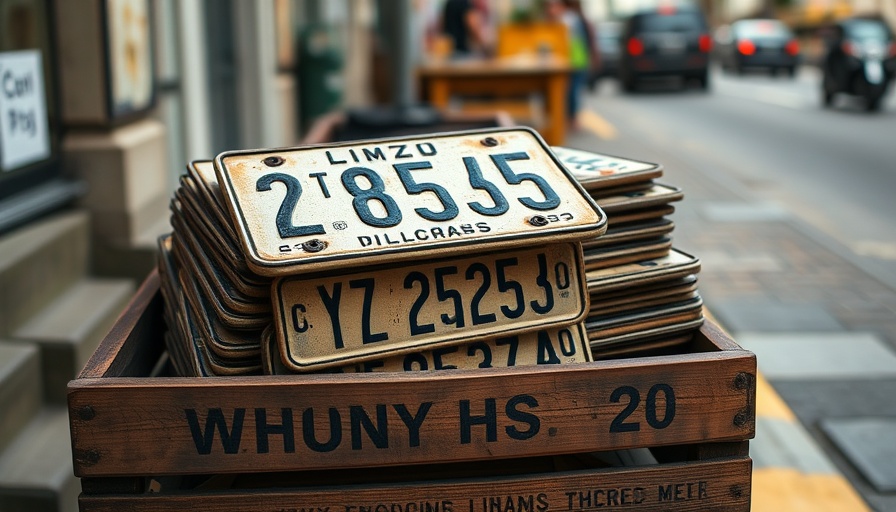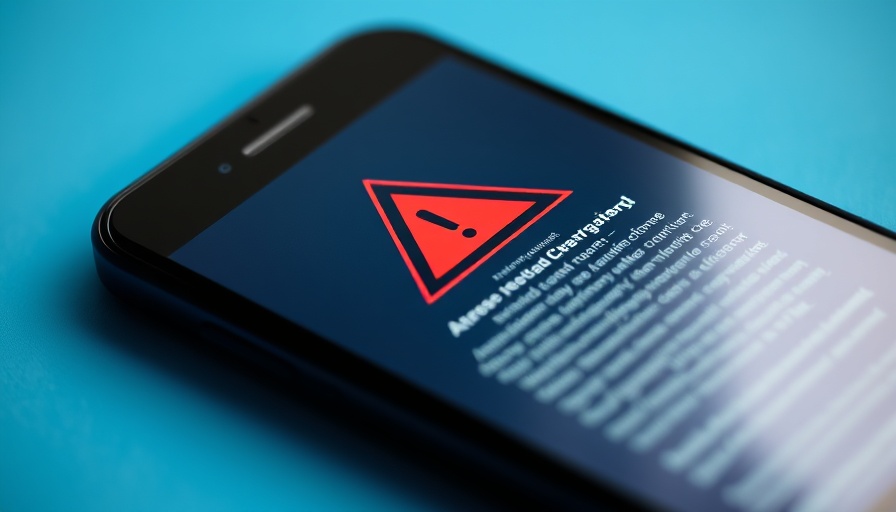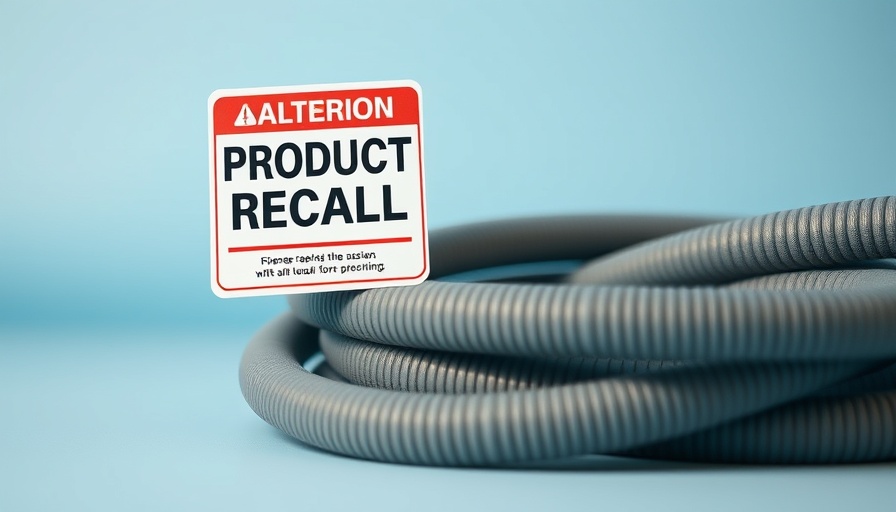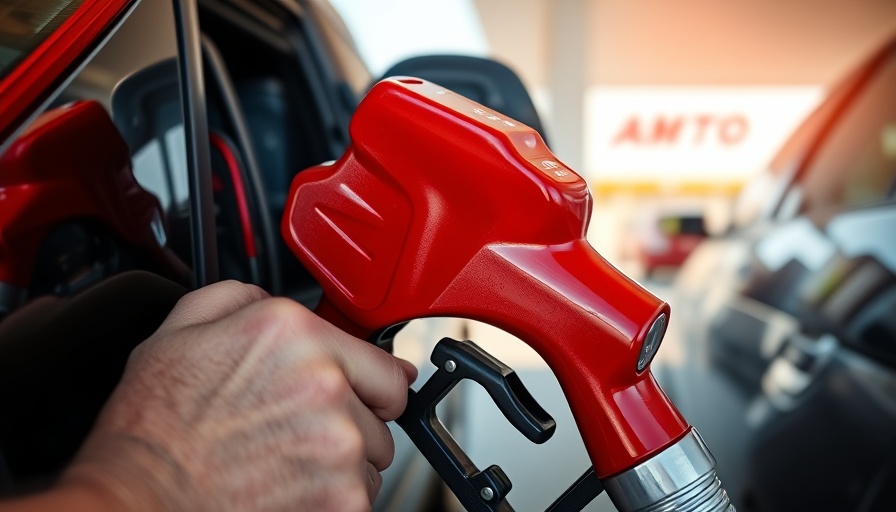
Don’t Toss Those Old License Plates: Here’s Your Guide
How many times have you found yourself wondering what to do with your expired or unused license plates? This is a question that often doesn’t arise until it’s too late, but knowing how to dispose of license plates properly is essential—not just for your personal safety but also for the environment. Storing or tossing old license plates carelessly can lead to identity theft or other legal issues that could trace back to you.
Why Throwing License Plates in the Trash is a Bad Idea
While you technically can throw old license plates in the trash, experts strongly advise against it. Amelia Dalgaard, a local automotive expert, states, "Putting your plates in the trash can expose you to security issues." If your plates fall into the wrong hands, they could be used for identity theft or illegal activities.
Moreover, Ben Michael, an attorney, highlights a troubling scenario: A person might find your discarded plate and use it on a stolen vehicle. This could lead to legal headaches for you, as any illegal actions taken with those plates can be traced back to your name. To avoid dealing with such problems, exploring safer alternatives to disposal is crucial.
Eco-Friendly and Safe Ways to Dispose of License Plates
Most states offer environmentally friendly options for recycling license plates, particularly since they are typically made of aluminum. Rather than tossing them in the trash, consider taking your plates to the Department of Motor Vehicles (DMV) for proper recycling. This not only keeps your personal information safe but also contributes to the sustainability efforts in your community.
If you’re feeling crafty, repurposing old license plates is a fun and creative option. From garage decorations to quirky driveway ornaments, there’s plenty of inspiration on platforms like Pinterest. Crafting can serve as a beneficial way to declutter while giving your plates a new life.
Security First: How to Ensure Personal Information is Protected
Properly disposing of your license plates shouldn’t stop at recycling. Experts recommend additional safety measures, like marking out personal information with a permanent marker and cutting the plates into pieces. If you choose to recycle, do so gradually—dispose of sections over time to prevent anyone from piecing together your information.
For residents in California, it's vital to check local regulations regarding license plate disposal. Some regulations require specific steps to surrender the plates, especially if they pertain to vehicle insurance. Always verify guidelines to stay compliant and secure.
Making Sense of Local and State Regulations
In California, improper disposal could lead to infringement on state laws meant to protect citizens. Therefore, knowledge of local protocols is paramount. Investigate your local DMV's guidelines to ensure your plates are handled correctly. Following these protocols not only enhances your safety but eases the disposal process.
Conclusion: Take Action Now
As you ponder what to do with those old license plates, remember that simply tossing them in the trash poses significant risks. By choosing to recycle them or repurpose them creatively, you not only protect your personal information but also contribute positively to your community and the environment. Make the wise choice for your peace of mind. If you have old license plates, check with your local DMV today—don’t wait until it’s too late!
 Add Row
Add Row  Add
Add 




Write A Comment